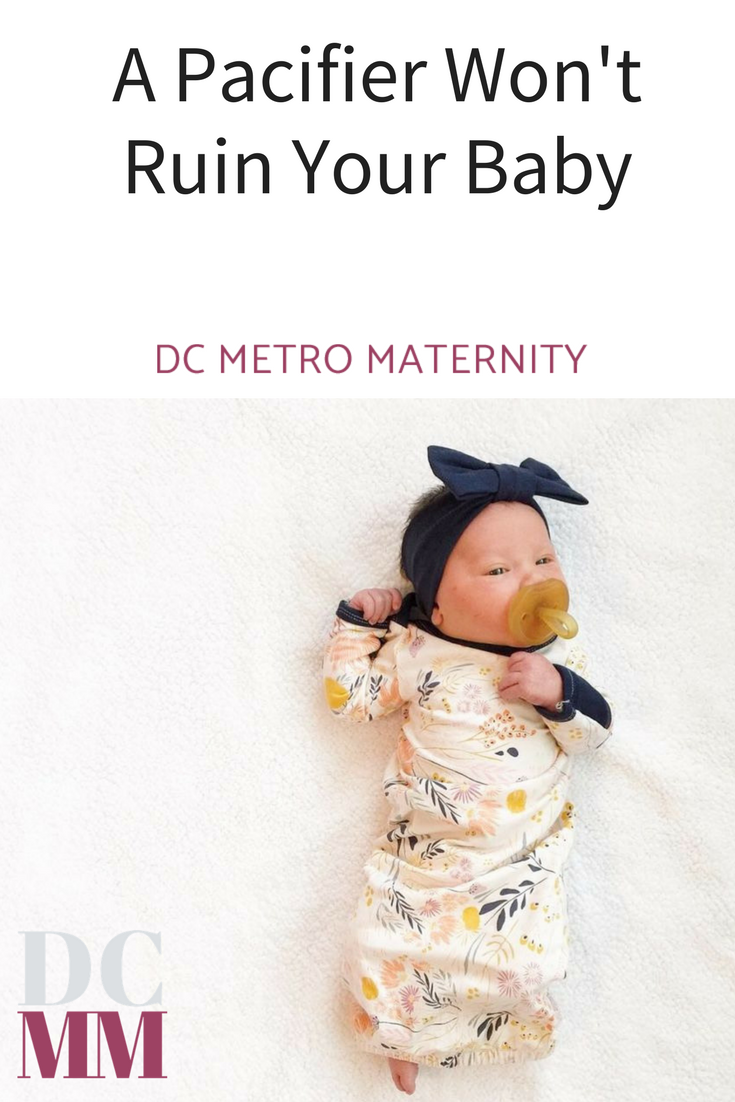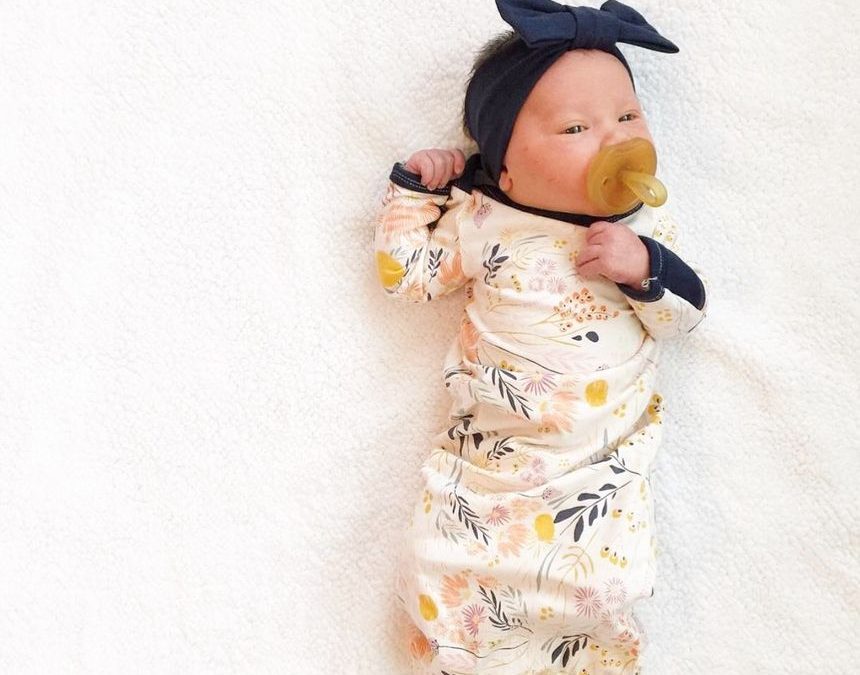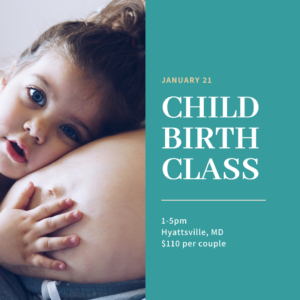The baby has been wailing for what feels like hours. There’s no diaper, she won’t eat, and you don’t know what else to do. You’re exhausted, your partner is tired, and you hate that your little one is so miserable.
Whose idea was having a baby again? Do they have a mute button?
Think. Ugh. You can’t think! What did they say in the newborn care class? Heaven only knows where those notes are.
As you go searching for that folder, you see a few things that might help calm baby down.
A swaddle blanket? No, she fights it every time. The wrap to carry her? Way too complicated right now. That baby wearing class was weeks ago, and you’d probably drop the baby, and then you’d really be a candidate for worst mother ever.
And then you see it. The pacifier!
Maybe if you can just get her to take the pacifier then you can think for a second, and she won’t be so red in the face. Maybe then you won’t all die from lack of sleep. Has anyone ever died from lack of sleep?
Oh but you said that you wouldn’t use a pacifier. At least not this soon. But you’re desperate, and it won’t hurt her. Right?
Does this scenario feel familiar? You’re not alone. And to answer your question, no, a pacifier won’t hurt your baby. In fact, for many families, it’s an excellent tool in the fight against fussy babies and frazzled parents.
Babies are born with the instinct to suck. The main thing that this allows them to do is feed themselves from the very beginning. Babies might seem pretty helpless, but they’re wired to survive and thrive.
Babies don’t just suck to eat, though.
Suckling to soothe themselves, whether at the breast, a finger, or some other nipple, is hard-wired into infants. It slows their heart rate, and settles them down so there are fewer tears. It’s a tried and true method for a reason.
On top of the soothing benefits (which is the biggest concern for doula clients, when they call us asking how soon they can introduce a pacifier), the American Academy of Pediatrics recommends pacifiers as one thing that is correlated with reduced SIDS risk.
So why is there such hesitation around using pacifiers? The main concern that we hear about as doulas at DCMM is if the pacifier will hurt a breastfeeding relationship.
But here’s the thing- you’re smart. And smart people have smart babies.
Like we said before, babies are born with good survival instincts, including knowing what food is. From the moment they are born, infants are pretty good at telling the difference between a rubber nipple, and human tissue. The way that babies suck a bottle or a pacifier is different than how they nurse at the breast.
Nipple confusion, while much warned about, is not really a thing with pacifiers. I haven’t seen it in my experience as a postpartum and infant care doula, and the people who study these things for a living haven’t either. If there are issues with breastfeeding or bottle feeding, you can work on those separately, when your little one isn’t screaming their head off.
So let the baby suckle. On the breast, on your finger or theirs, or yes, on a pacifier. Get some peace. A pacifier won’t ruin your baby.

Want more tips and to learn more about our postpartum services click here.


